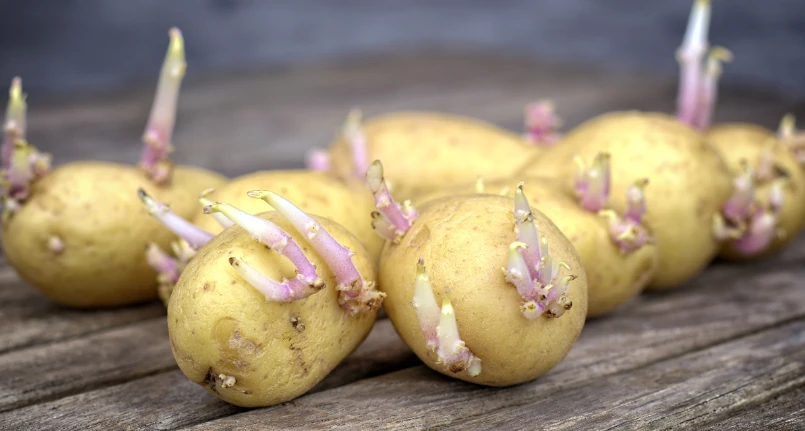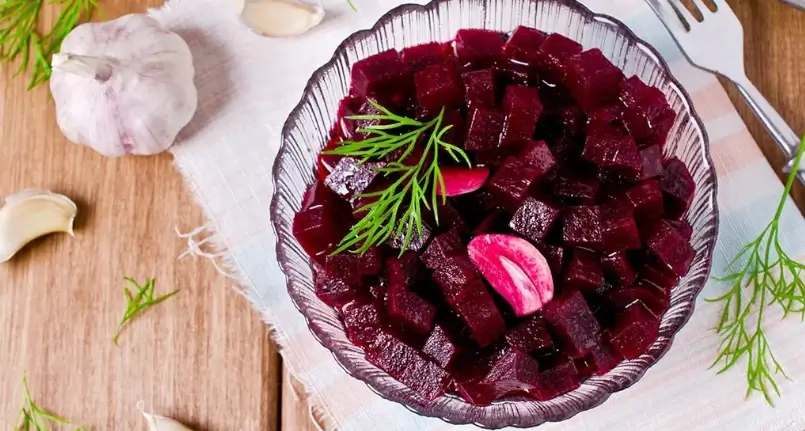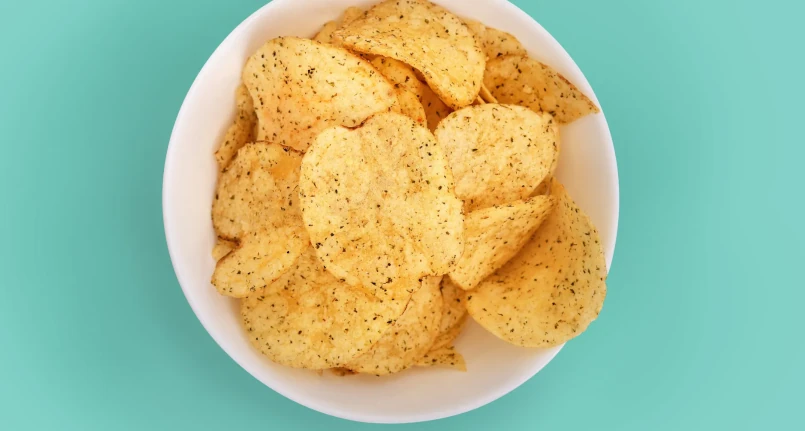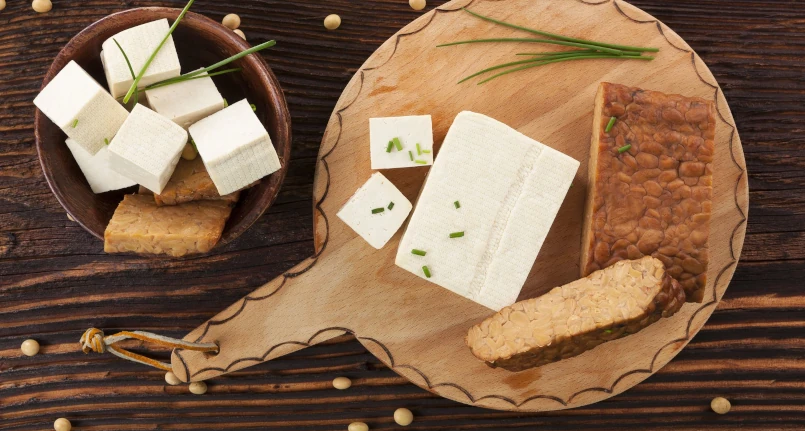Potatoes are one of the basic elements of the Mediterranean diet , much appreciated because they are healthy, beneficial, easy to combine and extremely versatile , given that they can be used to compose a very large number of recipes.
Even if they are considered a panacea for health, there are specific cases in which potatoes can be highly toxic to the body. In fact, these vegetables contain some glycoalkaloids such as solanine and chaconine , which if they reach large quantities can be toxic. These elements accumulate especially on the skin or when potatoes are not stored properly and turn green and sprout, a phenomenon that is activated in response to light.
Properties of potatoes
Potatoes are the tubers of a herbaceous plant belonging to the Solanaceae family , which also includes aubergines , peppers and tomatoes .
What makes them perfect to be included in any diet is their composition.
These vegetables , typical of the month of September but widespread throughout the year, have a high content of water, fiber and carbohydrates , especially starch . The proteins are not many but of high quality.
Potatoes are also very rich in vitamins , especially C, A, B3 , B1, B2, B6 and minerals such as potassium , phosphorus , calcium , magnesium , zinc , copper , iron .
Thanks to the good fiber content, potatoes reduce the absorption of fats, sugars and cholesterol and stimulate intestinal activity. Vitamin C makes them powerful antioxidants and improves the quality of skin , muscles and bones . Potassium, on the other hand, is useful for the proper functioning of the heart , circulatory system , and muscles.
The high quantity of water favors diuresis and carries out a draining and purifying action , while the antioxidants protect against the action of free radicals and therefore against cellular aging .
What happens to sprouted potatoes
Potatoes naturally contain solanine, a substance which if taken in small quantities can be beneficial to health, because it has an antibiotic action and helps reduce bad cholesterol and blood sugar .
However, when potatoes turn green or sprout, the levels of these alkaloids increase and consuming them can expose them to an excessive amount, which instead of performing a positive action turns out to be toxic for the body.
Intoxication with solanine can generate disturbances affecting the digestive system , the cardiovascular system and the nervous system. Symptoms can be diverse, including abdominal pain , vomiting , nausea , diarrhea , headache , and fever .
In the most serious cases it can also cause loss of consciousness, alterations of respiratory and cardiac functions.
Even if the consequences of this poisoning should not be trivialized, it is good to take into consideration the fact that the risk of food poisoning due to the consumption of sprouted potatoes is still low and depends on various factors such as the quantity of sprouted potatoes eaten and the concentration of alkaloids present in them at the time of consumption, but also the health conditions of those who ingest them and their weight .
The greatest risks may exist for certain groups of people such as infants, children and pregnant women.
How to recognize toxic potatoes
We often tend to think that potatoes have an almost infinite shelf life because it is rare to see them in a very different state from the original. Although their expiration is much longer than other foods , however, they are not eternal and there are some indications that they are no longer suitable for consumption, precisely because of the concentration of solanine which may have risen above the safe level.
The first thing to look at are the shoots . If the potato has few and minimal dimensions, it is perfectly edible and can be cut and used as you see fit for the recipe you have in mind.
If, on the other hand, there are many sprouts, especially if they are longer than 1 cm, the potato should be thrown away.
A further warning sign of a possible high concentration of solanine is the green coloration . In this case, the advice is not to consume it, except if the green parts are few, circumscribed and can therefore be easily eliminated with a knife.
Another sign of poor preservation of the potato, which unfortunately can only be seen once ingested, is its particularly bitter taste .
How to minimize the risks
- Always keep potatoes in a cool, dark, dry place.
- Avoid consuming old, green or heavily sprouted potatoes.
- Avoid the peelings, unless of fresh potatoes and without visible damage.
- Give young children only peeled potatoes.
- Do not reuse the water the potatoes were boiled in for cooking.
- If you eat them fried, replace the frying oil regularly .
In addition to carefully observing the state of conservation of potatoes before consuming them, to minimize the risk of a possible poisoning from solanine it is essential to pay attention to how they are stored and these important precautions that can make the difference.




